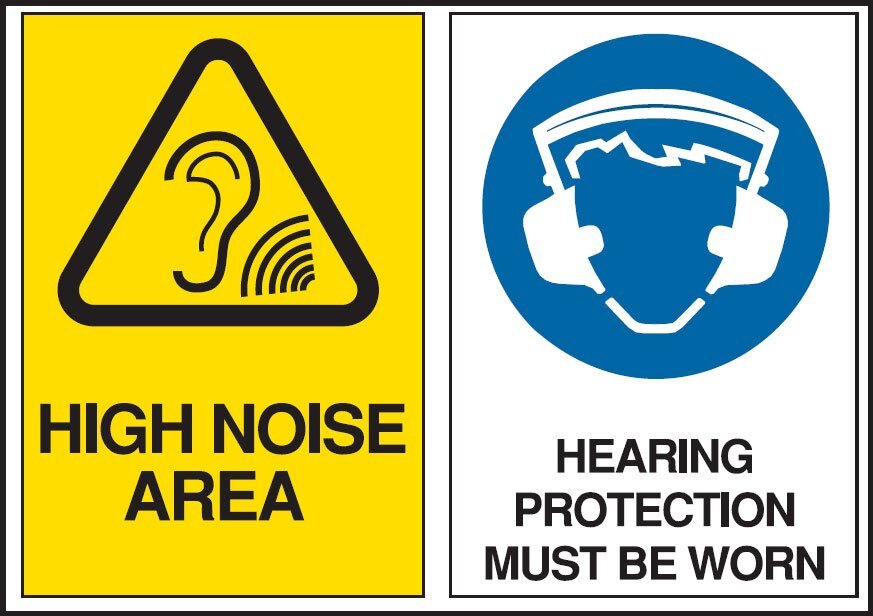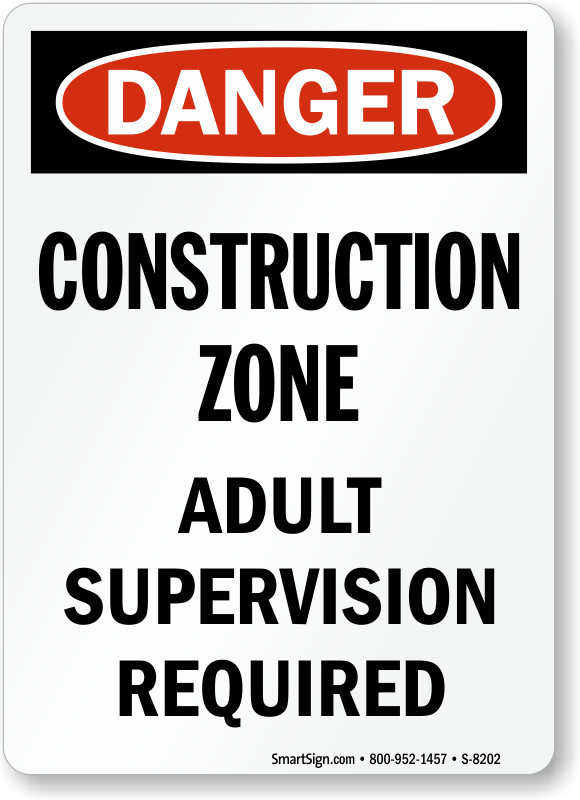
March 24, 2023 Agenda
Apr 29 at 8:00 am CDT
Welcome and Keynote - Terricka Hardy, LCSW
Overview
You're about to enter the virtual conference learning community (your office, internship site, classroom) that resides in a community of trauma and challenges (clients home/environment). The goal of the residential communicator (Spencer Croft) in this community of workers (presenters & attendees) is to bring you into the safety zone to protect children and families. Will you leave a better child protector from the safety zone knowledge presented or not? Let's enter the zone to learn tips and techniques about how to keep children and families Safe to intervene, treat, and prevent child abuse! Door prizes, special award recipient, exhibitors and networking are all apart of virtual conference community-safety zones!
NOTE: if throughout the conference time you wish to network via video conference, feel free to Wonder at Wonder- in the virtual networking space

-------------------------------------------------------------------------------------------------------------------------------------------------------------------------------------------
Welcome- Spencer Croft, Moderator/Residential Communicator
Greetings- Dr. April Jones, LMSW, Dept. Chair of Social Work @ Tuskegee University
Keynote Title: Ethics & Trauma Informed Care in Child Welfare : Promoting Hope, Healing, and Resilience
Speaker: Terricka Hardy, LCSW, ACSW, BCD, CCPF
Children and youth who become involved in the child welfare system often have experienced trauma and adversity. Becoming a trauma informed child welfare professional is not an option but a professional responsibility. Trauma can effect children and adults differently behaviorally, socially, physically, etc.. Child maltreatment can lead to traumatic stress in children and families. It is imperative that social workers and child welfare professionals adhere to the ethical responsibility to practice competently and ethically when working with trauma exposed clients to promote hope, healing, and resilience.
In this keynote, we will:
- Examine ethical principles relevant to promoting trauma informed care in child welfare practice.
- Identify the common signs and effects of trauma in children.
- Define the key components of trauma informed care in child welfare.
- Discuss strategies to promote client resilience and reduce re-traumatization.
Speaker(s)
Mrs. Terricka Hardy, LCSW, ACSW, BCD, CCPF Clinical Social Work/President
Mr. Spencer Croft- The Voice Conference Moderator/ATL Radio Host
Dr. April Jones, LMSW, PhD, MSW, M.ED,MS, BA Department Chair of Social Work/Associate Professor
Apr 29 at 10:00 am CDT
“I can’t hear you over your body screaming”: Persuasion & Nonverbal Communication
Overview

In this session attendees will learn the importance of recognizing nonverbal gender norms often related to aggression or feeling threatened and how they can help in the prevention of child-abuse. We will also discuss common nonverbals that could signal childhood trauma or abuse. Additionally, attendees will learn important tactics to help de-escalate situations through building rapport and knowing when to mirror behaviors to build trust.
Objectives:
- -Attendees will be able to describe ways that clothing, gestures, facial expressions, proximity, and body posture impact how messages are received.
- -Attendees will better understand the impact how chronemics and our body clocks can change message reception.
- -Social Workers, Foster Parents, and GAL’s will be introduced to important information on Nonverbal Communication norms they can use to assess the safety of the foster children they interact with. Learn more about genWhy Communications
NOTE: Remember to visit the virtual Exhibitor Booths and to network during breaks and lunch via Wonder- virtual videoconference networking space
Speaker(s)
Ms. Kristin Scroggin, MS Owner/Lead Trainer
Apr 29 at 11:00 am CDT
Understanding Trauma Responses and Helping Children Who Have Been Abused Heal and Heart & Helping Hand Award Presentation
Overview

11:00 AM - 12:00 PM
In this session we will discuss how early abuse and adversities both known and unknown can impact children and their early childhood brain development. This session will educate participants on how to support children and their families as they navigate the effects of abuse, trauma and the attachment difficulties that can arise. Evidence- based models inform the therapeutic caregiving framework that will be discussed with overall goals to increase understanding; to build and strengthen skills; and to grow emotional resilience while creating healthy attachments. Tools of ongoing support will be shared along with a discussion of the importance of community care for caregivers of children with trauma impacts and attachment challenges.
Learning Objectives
- Participants will be able to describe how early adversities produce trauma and the impact that has on early childhood brain development.
- Participants will be able to articulate why building healthy attachment is important and give examples of everyday interactions that build more secure attachment.
- Participants will be able to identify therapeutic caregiving tenets.
- Participants will be able to apply tools of ongoing support and will be empowered to access self-care needed for caregivers of children with trauma impacts and attachment challenges.
12:00 PM - 12:30 PM
Heart & Helping Hand Award Presentation - Mrs. Dorothy Gaithers
NOTE: Virtual networking time during the lunch hour, breaks, and post conference is available at Wonder- virtual videoconference networking space
Speaker(s)
Ginger Healy, MSW, LCSW Clinical Social Worker/Parenting Program Director
Mrs. Dorothy Gaithers- Helping Hands & Heart Award Winner Retired Child Welfare Professional
Apr 29 at 1:10 pm CDT
Understanding the Intersectionality of Grief and Trauma: A Guide for Caregivers
Overview
This presentation will provide participants with the opportunity to learn about the intersectionality of trauma and grief with specific strategies and objectives for caretakers. The presentation will incorporate current research and best practices for providing care from a trauma informed and responsible approach. Participants will learn how the intersectionality of grief and trauma impact the child – caretaker experience and how to mitigate the challenges associated with this care.
Learning Objectives:- Defining trauma and grief
- Identifying where trauma and grief intersect
- Explaining short and long term implications of trauma and grief intersectionality
- Providing a research based approach to trauma and grief intersectionality
- Tools for caretakers
Outcomes:
- Participants should expect to expand their understanding of how grief and trauma intersect
- Participants will identify common symptoms of grief and trauma in children
- Participants will acquire best practices in approaching grief and trauma
- Participants will acquire a increased understanding of the short and long term implications of grief and trauma intersectionality
- Participants will acquire current research on trauma and grief intersectionality and how to equip caregivers
Speaker(s)
Dr. Tiyahri Wilson, PhD, LMHC Clinical Psychologist/Director
Apr 29 at 2:10 pm CDT
Child Welfare Telehealth Practice Training
Overview
This program will give examples of evidence-based, trauma-informed telehealth treatment strategies for working with children and their families. It will show where to get relevant research, how to use and document research findings, and how to augment those strategies with existing telemental health guidelines for working with children and teens. This discussion and demonstration will give the participant a variety of practical, immediately implementable, and no or low-cost strategies to engage children and their families to maximize clinical outcomes. The audience will be given resources and encouraged to ask questions.
Learning Objectives:
Participant will be able to:
- Outline an evidence-based approach to conducting telehealth with children who have experienced trauma.
- Name multiple sites where evidence e-based information is available at no cost for working with
- Describe the leading telemental health guidelines for children and teens.

References
- Azzopardi, C., Shih, C. S.-Y., Burke, A. M., Kirkland-Burke, M., Moddejonge, J. M., Smith, T. D., & Eliav, J. (2022). Supporting survivors of child sexual abuse during the COVID-19 pandemic: An ecosystems approach to mobilizing trauma-informed telemental healthcare. Canadian Psychology/Psychologie canadienne, 63(1), 43–55. https://doi.org/10.1037/cap0000298
- Choi, K. R., Records, K., Low, L. K., Alhusen, J. L., Kenner, C., Bloch, J. R., ... & Logsdon, M. C. (2020). Promotion of maternal–infant mental health and trauma-informed care during the COVID-19 pandemic. Journal of Obstetric, Gynecologic & Neonatal Nursing, 49(5), 409-415.
- Chokshi, B., Pletcher, B. A., & Strait, J. S. (2021). A trauma-informed approach to the pediatric COVID-19 response. Current problems in pediatric and adolescent health care, 51(2), 100970.
- Racine, N., Hartwick, C., Collin-Vézina, D., & Madigan, S. (2020). Telemental health for child trauma treatment during and post-COVID-19: Limitations and considerations. Child Abuse & Neglect, 110, 104698.
- Simons, A., Noordegraaf, M., & Van Regenmortel, T. (2022). ‘When it comes to relational trauma, you need people at the table’ Therapist experiences of online therapy for families with a prior disclosure of sibling sexual abuse during Covid‐19 pandemic lockdowns. Journal of Family Therapy.
Speaker(s)
Dr. Marlene Maheu, Ph.D (c) Clinical Psychologist/Director
Apr 29 at 3:50 pm CDT
The National Training and Development Curriculum for Foster and Adoptive Parents: Loss and Trauma-Informed Parenting & Closing Remarks
Overview

3:50 PM - 4:50 PM The National Training and Development Curriculum for Foster and Adoptive Parents: Loss and Trauma-Informed Parenting
4:50 PM - 5:00 PM Conference Closing Remarks (access to the conference certificate and CE contact form opens)
Presentation Description:
The National Training and Development Curriculum for Foster and Adoptive Parents is a new state-state-of-the-art curriculum that will be available at no cost to states, tribes, territories, and agencies beginning June of 2022. This presentation gives an overview of the curriculum and what will be available. Some of the curriculum’s central tenets will be explored such as the need for parents who foster or adopt to expand their parenting paradigm to meet the needs of children who have experienced loss and trauma. Participants will be given an opportunity to experience some of classroom components focused on building essential knowledge and skills for parents who wish to foster or adopt.
Learning Objectives:
Participants will:
- Become familiar with a new state-of-the-art training program to prepare foster and adoptive parents to effectively parent children exposed to trauma, separation and loss.
- Increase their knowledge of the evaluation outcomes of the NTDC project.
- Experience parts of the classroom curriculum as facilitated for prospective foster and adoptive parents and kinship caregivers
Speaker(s)
Ms. Amy Martin Child Welfare Consultant
Ms. Leslie Wright, LCSW Clinical Social Worker
Conference Surveys and Certificates
The overall survey will open at 4:30 Central and be available through 5/6/22. You must complete the survey to unlock the certificates. Obtaining the CE forms will only be available through 5/6/22.
| Access Date | Quiz Result | Score | Actions |
|---|
